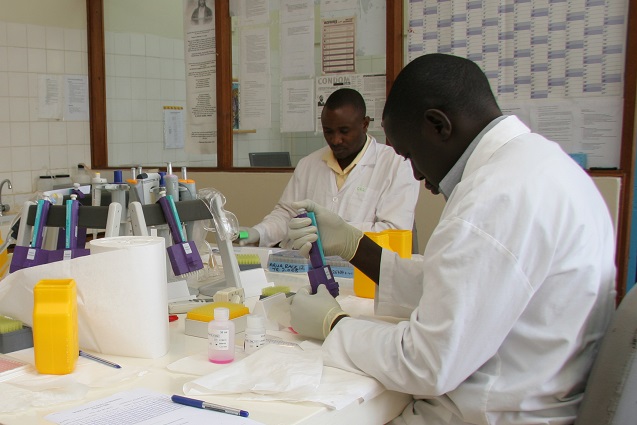The Federal Government has launched a €10.2m pharmaceutical manufacturing empowerment initiative in partnership with the European Union and France, aimed at strengthening local production of medicines and boosting Nigeria’s health economy. The agreement forms part of the EU’s Global Gateway MAV+ program to expand access to vaccines, medicines, and essential health technologies across developing markets.
Announced at the Nigeria EU Health Investment Forum in Abuja, the initiative seeks to upgrade Nigeria’s pharmaceutical standards, support local manufacturing capability, and improve access to quality-assured medicines for millions of Nigerians. The project will run for 44 months between 2025 and 2028 and will be implemented in collaboration with the Federal Ministry of Health and the National Institute for Pharmaceutical Research and Development.
According to the EU Delegation, the project titled Quality Uplift for Advancing Local Industry in Medicine Standards will empower Nigeria’s pharma ecosystem by improving Good Manufacturing Practice compliance, enhancing innovation, supporting SME manufacturers, and expanding access to new health technologies capable of scaling into regional markets.
“We want to make healthcare in Nigeria sustainable, diversified, accessible, and affordable for all, while creating jobs and opportunities,” said EU Ambassador to Nigeria and ECOWAS, Gautier Mignot.
France’s Ambassador, Marc Fonbaustier, said the partnership is rooted in equity and shared value, adding that France remains committed to strengthening local health systems through inclusive investments.
The Director-General of NIPRD, Dr Obi Adigwe, noted that the project is expected to catalyze technology transfer, boost local capacity, accelerate production competitiveness, and open more commercial opportunities for Nigerian pharmaceutical SMEs. “This is about improving access while driving job creation, capacity building, and revenue growth,” he said.
Through lab modernization, advanced standards testing, and workforce upskilling, the partnership is expected to support Nigeria’s shift toward self-sufficiency in medicines and vaccines, while positioning Nigerian manufacturers for stronger participation in regional and global value chains.










